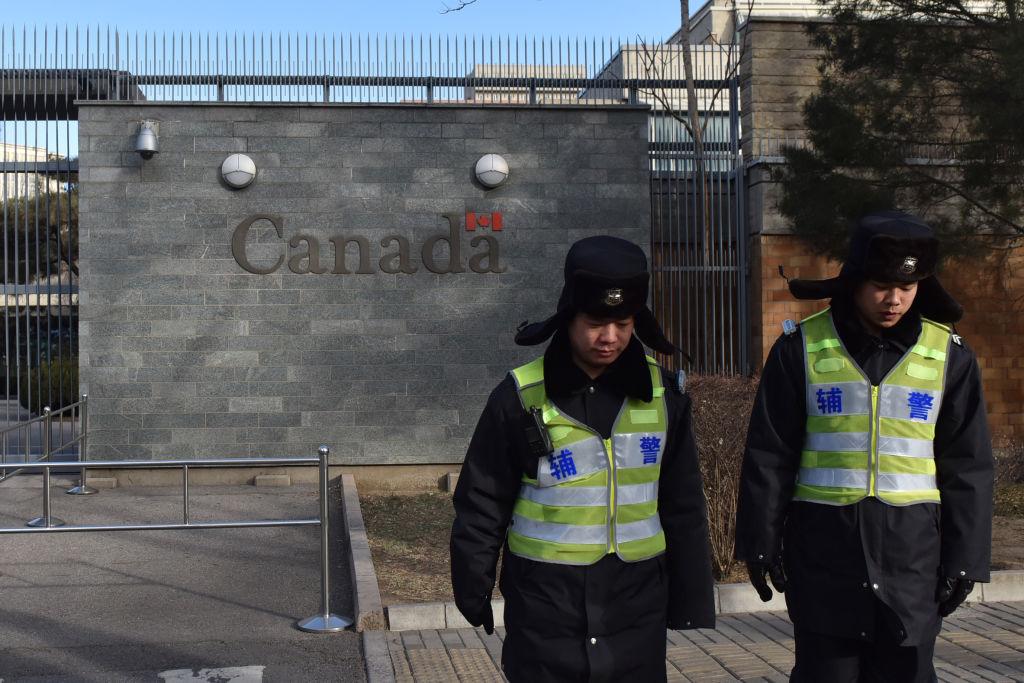A survey commissioned by Ottawa aimed at studying the views of Chinese-Canadians on the Canada-China relationship did not include questions on Beijing’s foreign interference in Canada, according to documents.
The report titled, “Continuous Qualitative Data Collection of Canadians’ Views,” surveyed a group of residents in Vancouver comprised of Chinese-Canadians in regard to the federal government’s current relationship with China.





